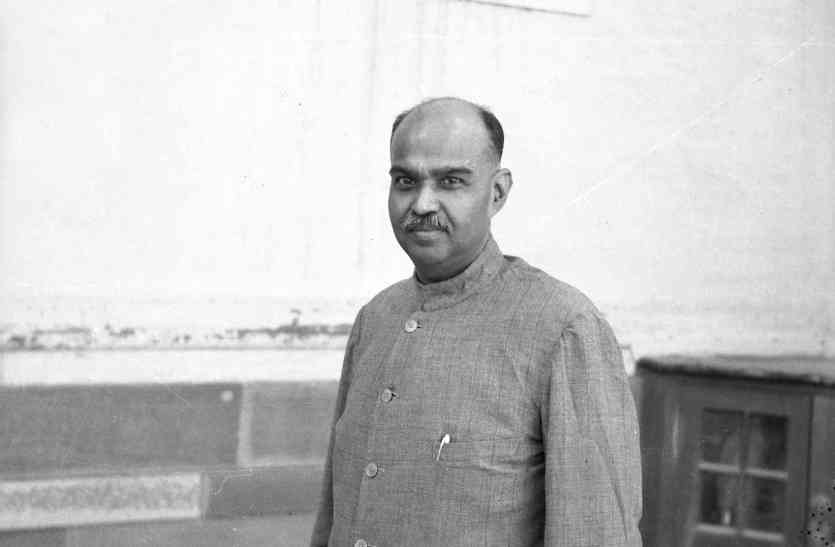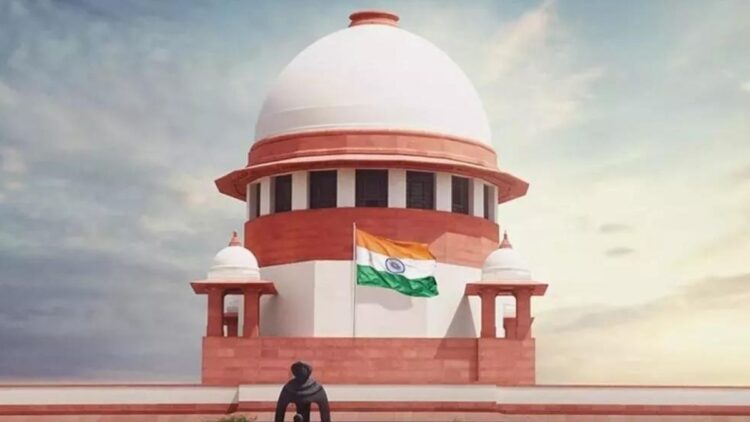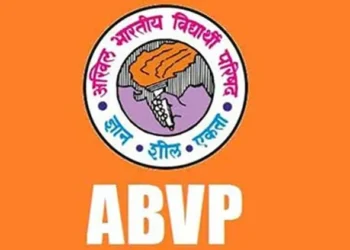The union government did not have to make so intense a preparation to revoke Article 370 that it did to plug all challenging holes. “The President, in exercise of power under Article 370(3), can unilaterally issue a notification that Article 370 ceases to exist. The President did not have to secure the concurrence of the Government of the State or Union Government acting on behalf of the State Government under the second proviso to Article 370(1)(d),” the Supreme Court noted in its verdict on 11th December 2023. The local satraps and political rabble-rousers got the message overwhelmingly clear. That ended undeserving political privilege for over seven decades.
The row over the abrogation of Article 370 can now be silent as the Supreme Court passed an approval verdict 48 months after the parliamentary action. In a democracy, the court never makes a law; the elected lawmakers do it. The abrogation of Article 370 was only an implementation of a political manifesto that found repeated appearances in the poll promises of the current ruling party, arguably which won the clear mandate of the people barely three months before it acted on its long-standing agenda.
Everyone knew from that the Bharatiya Janata Party (BJP) would abrogate Article 370. The founder of Jana Sangh, the precursor to the BJP, Shyam Prasad Mukherjee, was a martyr who gave up his life in the struggle to revoke Article 370. In a democracy, a policy implemented by the elected government is deemed the people’s choice. The choice of all generations may not be the same. The new generation is better informed than the older generations. Their political and economic choices are different.

A law made by one government will be unmade by another one, according to the policy of the next government, which comes to power. That is the beauty of democracy. The provisions for maintaining and revoking rules at people’s will through due procedure reflect the beauty of the Constitution. Lawmakers can make laws. They can also change the laws through a constitutionally valid process. Courts can scrutinize legislative action even if the action is based on an enabling provision of the Constitution if the opponents want the Court to do so.
The Supreme Court did it rightfully and infallibly in the case of revoking Article 370. Let us not call the December 11 verdict disappointing, though opponents cannot stop being politically disappointed over the verdict. It is only natural that a court’s verdict will always disappoint the ones who are at the losing side. Even in the election process, some are disappointed. They are inevitably one side of the coin of a healthy democracy. Let us take it that way.
But there is another inevitable side of democracy; that is the election manifesto of the elected government. People, elect a political party based on its election manifesto. And the party which gets elected will explore all avenues to execute it, including splitting every atom of the binding law to justify its action. The present government seemed to have done exactly that, perhaps more overcautiously.
However, going by the observation of the Supreme Court, the government had no need to go the extra mile to achieve the goal of revoking Article 370.
The Court observed that there was no need to call the “Constituent Assembly of Jammu and Kashmir”, which could have been considered the “Legislative Assembly of Jammu and Kashmir.” The Court also observed that the Governor of Jammu and Kashmir was the Government of Jammu and Kashmir and viewed it as a backdoor method that the government did not need to resort to revoking a temporary provision like Article 370. That meant the abrogation of Article 370 could have been easier, on which BJP did heavier homework. The overcautious approach was right on the BJP side since it knew the action would reach the highest Court of Bharat through a gallery of petitioners and a battery of top lawyers. To put it in context, the eminent lawyers who appeared for the petitioners, Irfan Hafeez Lone and Zahoor Ahmad Bhat, were Kapil Sibal, Dushyant Dave, Dr Gopal Subramanium, Safar A Shah, Dr Rajeev Dhavan, Shekhar Naphade, Dinesh Dwivedi, CU Singh, Sanjay Parikh, P.C Sen, Gopal Sankaranarayanan, Nitya Ramakrishnan, Menaka Guruswamy and Muzaffar Baig.
The overcautious approach was right on the BJP side since it knew the action would reach the highest Court of Bharat through a gallery of petitioners and a battery of top lawyers. To put it in context, the eminent lawyers who appeared for the petitioners, Irfan Hafeez Lone and Zahoor Ahmad Bhat, were Kapil Sibal, Dushyant Dave, Dr Gopal Subramanium, Safar A Shah, Dr Rajeev Dhavan, Shekhar Naphade, Dinesh Dwivedi, CU Singh, Sanjay Parikh, P.C Sen, Gopal Sankaranarayanan, Nitya Ramakrishnan, Menaka Guruswamy and Muzaffar Baig.
The Constitution did not have a provision that prevented the removal of a politically sensitive temporary provision. The verdict of the Court was a reminder. Conclusion of the judgment on the writ petition that challenged the abrogation of Article 370, the Supreme Court noted: “The President in exercise of power under Article 370(3) can unilaterally issue a notification that Article 370 ceases to exist. The President did not have to secure the concurrence of the Government of the State or Union Government acting on behalf of the State Government under the second proviso to Article 370(1)(d) while applying all the provisions of the constitution to Jammu and Kashmir because such an exercise of power has the same effect as an exercise of power under Article 370(3) for which the concurrence or collaboration with the State government was not required.”
The local political satraps who ruled the State for long years by keeping the State as their family estate might have got the message clear. The Constitution of Bharat did not give them any power above the power of the President of Bharat. There was nothing in the constitution that required the local satraps’ mercy to make Jammu and Kashmir an ordinary State of Bharat. Those who cajoled them and those who grappled with opposite views may wait to see how the beautiful State integrates with the rest of Bharat. Jammu and Kashmir is an integral part of Bharat just like any other territory in the country.
(Sriparvathi Marar is a Third Year Law student, based in Mumbai)













Comments